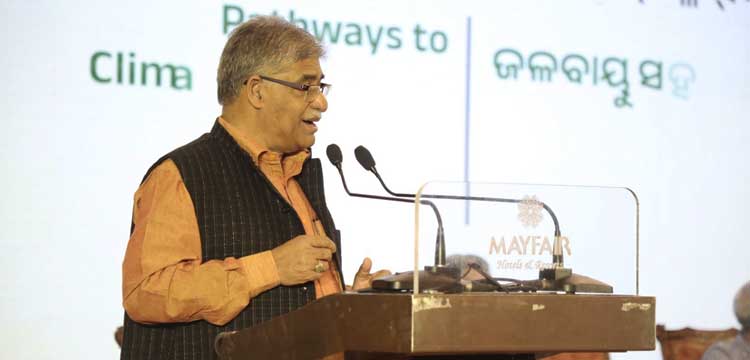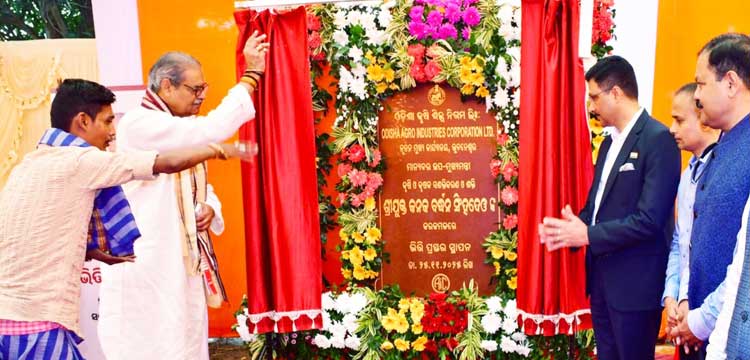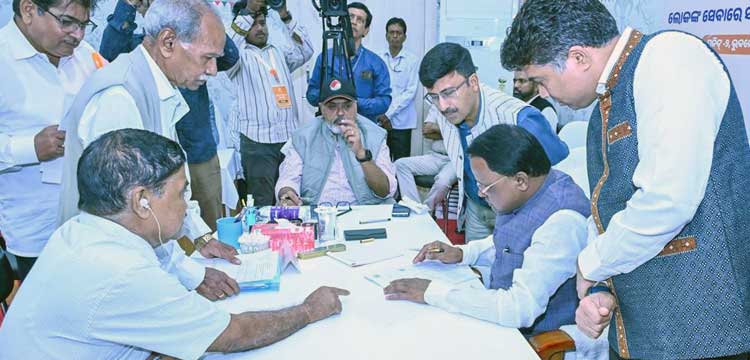Manoj Ahuja, Chief Secretary, emphasized that the State’s development route must be based on partnerships between government, civil society, academics, markets, and communities in light of expanding social vulnerabilities, shifting livelihood patterns, and climatic hazards. On Wednesday, he spoke at the opening session of the sixth edition of the Odisha Vikash Conclave (OVC) 2025. Ahuja continued, “Decentralized, community-driven approaches are essential for improving service delivery, creating local livelihoods, and reducing distress migration, especially through SHGs and local organizations.”
According to Dr. Jagadananda, Convenor of the Odisha Development Initiative and Co-founder of the Centre for Youth and Social Development (CYSD), OVC 2025 places “Balanced Development and Climate Resilience” at the core of Odisha’s goal for the next ten years.
“The OVC discussions will highlight how forests, coasts, wetlands, livelihoods, governance, social protection and technology are interconnected and why Odisha needs holistic solutions,” he said, while urging the State to prioritise the last-mile people and recognise them as partners to shape solutions.
Odisha’s overall fertility rate has dropped to 1.6, and the state is expected to enter a “net mortality zone” by 2041, according to Dr. Md. Nadeem Noor, State Head of UNFPA Odisha. He emphasized that a forward-looking governance and public health plan is necessary due to rising life expectancy, dropping birth rates, and a rise in the prevalence of disabilities.
The recently concluded COP30 made Just Transition a global priority, according to Srestha Banerjee, Director of Just Transition & Climate Change, iFOREST. She emphasized that Odisha must make sure the transition is people-centered and protects the livelihoods of the communities in coal-bearing and resource-dependent areas. “Just Transition is essentially an Odisha development agenda that necessitates planning at the district, block, and panchayat levels,” she continued.
The event is structured around 15 thematic sessions under five pillars – ecosystem protection, just transitions, resilient governance, vulnerability reduction and social leadership. It will put forward key outcomes, including an Odisha Climate & Development Policy Brief and a set of locally led, climate-resilient solution providers relevant for scale-up. Among others, Dr. Rajesh Tandon, Co-Chair, UNESCO Chair in Community-Based Research and Social Responsibility in Higher Education; Rajib S Sahoo, Chairperson, ICC Odisha; Avimuktesh Bhardwaj, Back to Village; and Ms. Swapna Sarangi, FES also spoke.






